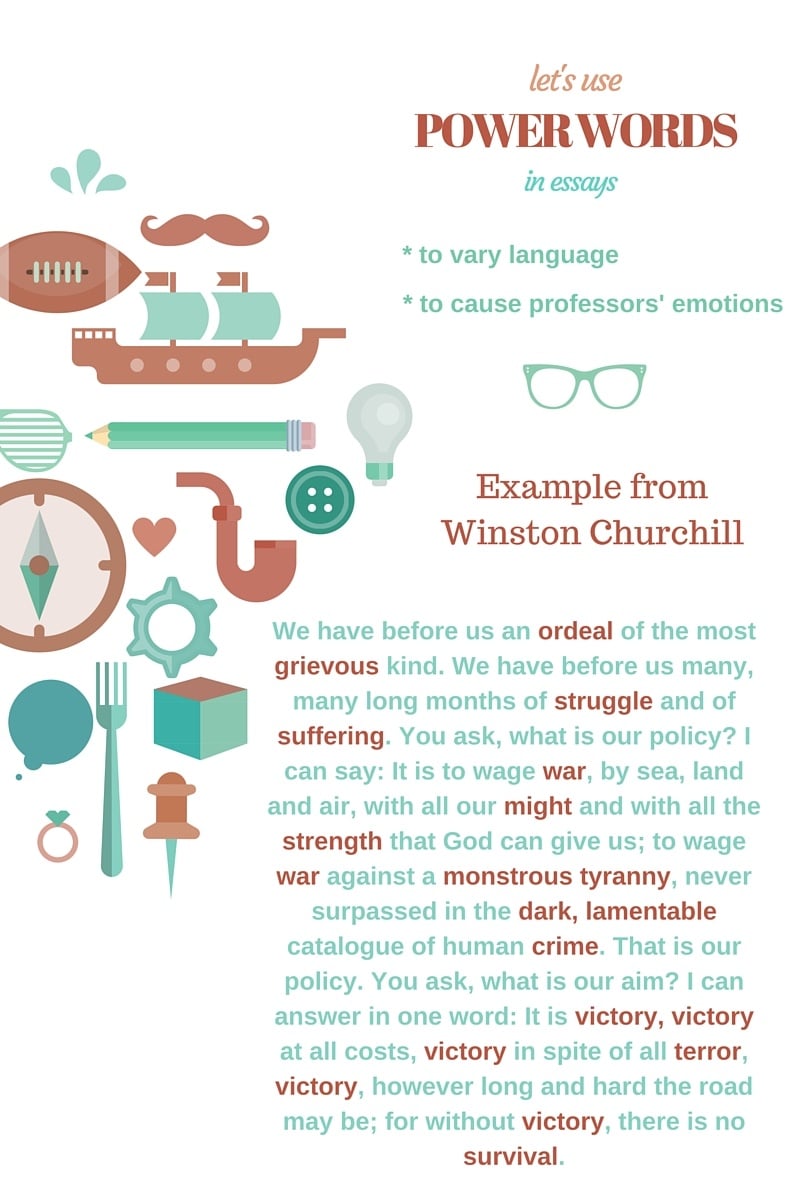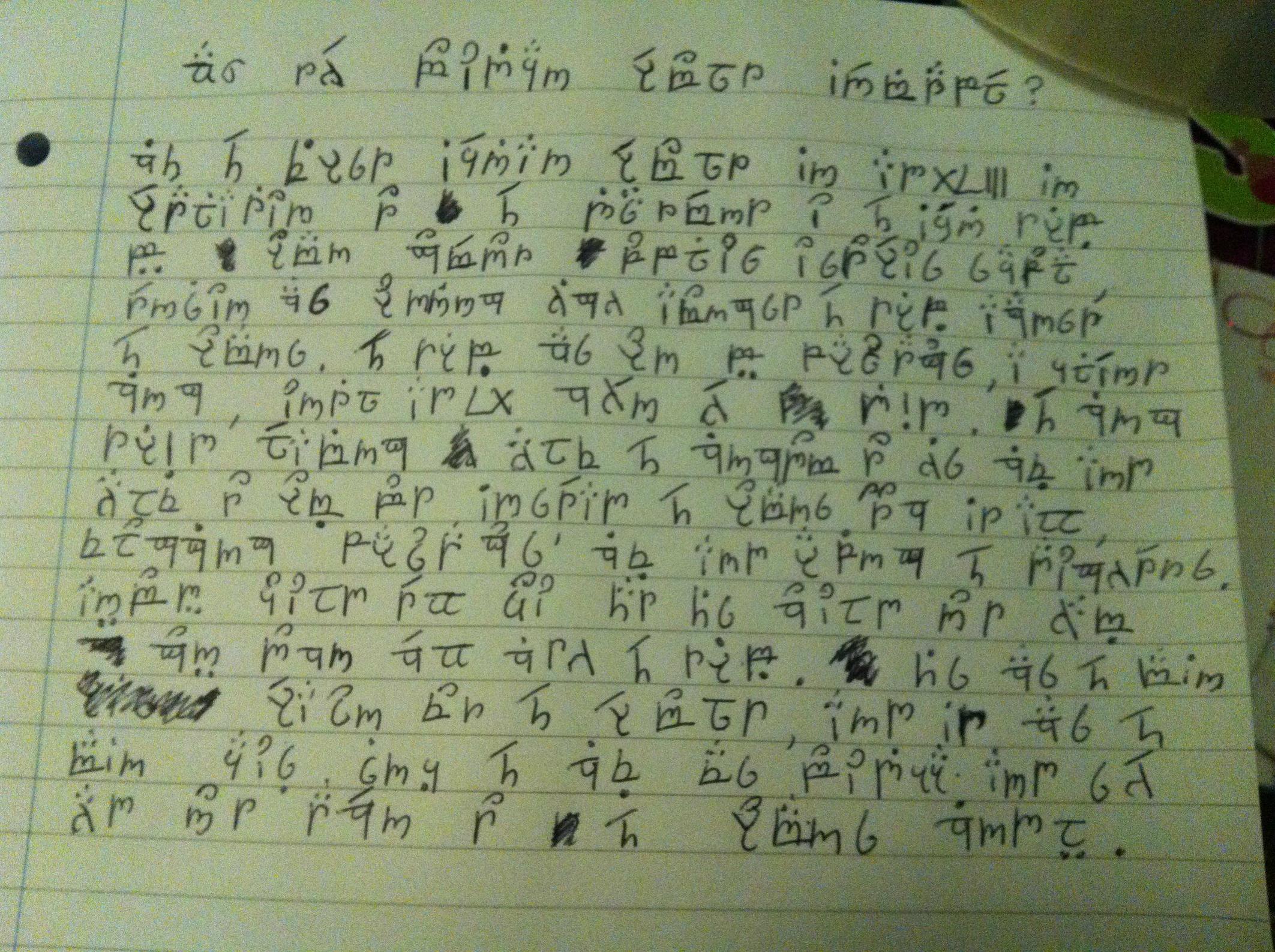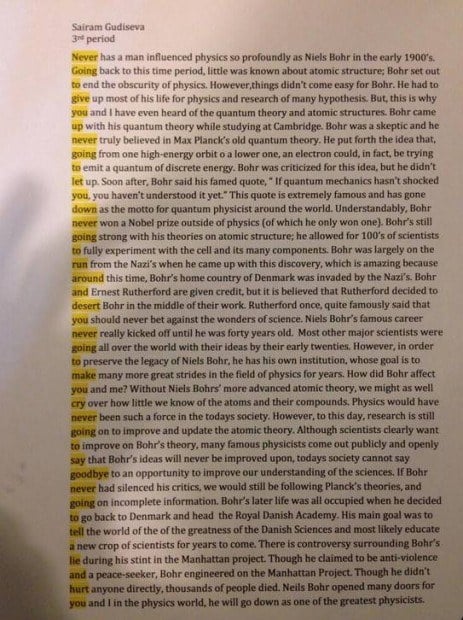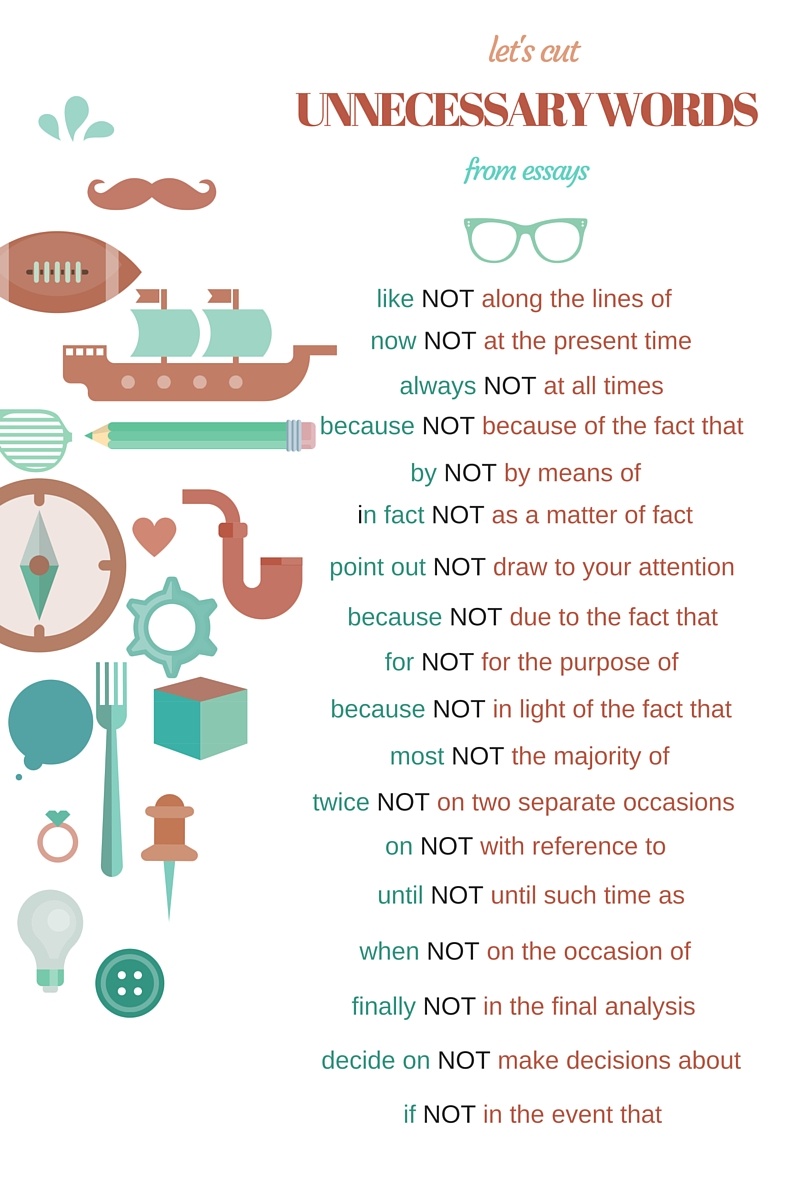What is the worst nightmare of your college life?
Exams? Strict educators? Tons of books to read?
Have another think coming.
Essays!
“I am a master of academic writing! Give me a topic, and I will write your essay like a boss!”, said no student ever.
Your humble narrator is not an exception.
When a student, I hated writing essays. I didn’t like the rules of academic writing, aka particular structure, style, references, and arguments. Agree, it’s hard to love writing when they say what to write, how to write, what words to use, and what pals to cite. My essays made me sound unemotional, and they didn’t let me express myself in writings. The thing is, I wrote essays to please professors and get high grades. (I bet, most students have the same motivation.) My essays were award-winning from professors’ perspective, and they were not difficult to write, following one and the same structure.
To write an essay, they ask you to:
- choose one topic from several given ones
- do research
- write an outline
- write an introduction, three paragraphs with arguments and counterarguments, and a conclusion
- follow APA or MLA styles
- make a list of references.
The problem is, such essays can play Old Harry with students who don’t want to lose their creativity. Some fellows kick against the rules and hide secret messages in essays to express their individualities, awesomeness, and creative natures.
And here comes the paradox:
These hidden messages help those students please a teacher and get A+ in spite of breaking rules of academic writing. For instance, once I’ve written the one-line essay on the topic If You Could Live in a Different Country:
“If I could live in a different country, you would not read or understand this essay, because I know vous ne parlez pas français.”
Yes, it’s stupid. You won’t believe but I’ve got an A for it. And yes, don’t try writing anything like that every time you get a dull topic to discuss.
You better try hiding some less stupid messages in your essays to express yourself, develop your personal writing style, but still get high grades from your academic professors.
1. Use Power Words
Your professors want you to sound intelligent, don’t they? Okay, let’s please them and hide several power words in your essay.
What does it give you?
- You focus on using language effectively.
- You avoid using the same words over and over again.
- You toy with teachers’ emotions.
What are power words? They are words that trigger emotions. Just take a look at Winston Churchill’s writing passage, and you’ll see power words causing fear and hope. Their mix toys with our emotions, making us feel, sympathize, and react somehow.
Hide power words in your essays, and they can help to get on the right side of your professor.
2. Change Your Tone
Your professors want you to sound academically in your essays, don’t they? To please them but still express yourself, you can change your tone of voice a bit. Yes, essays are formal, but it doesn’t mean they should be boring.
What does it give you?
- You stand out from your fellows.
- You don’t hide your personality.
- You make a professor see you have a voice.
Use a confident tone of voice, make sure to write clear words and short sentences to express your thoughts, and don’t sound like a dictionary of unpronounceable terms.
3. Start Essays With Inspiring Quotes
Your professors want an essay hook from you, don’t they? Consider hiding a quote to create the initial impact on them. Make sure this quote lays the foundation to the main idea of your essay.
What does it give you?
- You make an essay more interesting and promising.
- You demonstrate your erudition.
- You give a point to your essay.
- You establish credibility.
Make sure you hide inspiring quotes in your essays, as they help you go up in professors estimation.
Example:
Mahatma Gandhi once said, “Be the change you wish to see in the world.”
4. Try K-rule
And here comes a trickier message for you to hide in essays. The so-called K-rule assumes that k-sound words are perceived as the funniest ones. It doesn’t mean you should write a funny essay, but hiding some k-sound words in it might play for your hand.
Don’t you know that comedy writers use the K-rule to create texts for amusing their readers? The trick is, you consider the text cool but you don’t understand why. So, why not to try practicing this rule to your works?
P.S. Re-read the last paragraph. You haven’t even noticed how many k-sound words I used to write it ;-)
5. Makeup Your Language
Some students go further. They hide messages written in foreign languages, when appropriate.
Like this guy:
“There was a section where you were supposed to listen to a song and answer a free response about the form of the piece. The song was a freakin’ kpop anthem. So, I wrote the free response half in made-up Korean, along with translations underneath (which resembled entries in a bad Asian restaurant menu, grammar and all). Which is even funnier because my AP music teacher is Korean … still got a 5.” Source: Reddit
Not legit enough? What about this essay in elvish?
Not sure if that dude got A+ for it, but you could try the same trick to please a professor with a sense of humor or the one with languages as a hobby.
6. Add Humor
Students become so creative when it comes to boring subjects. Instead of begging custom services for help, they use humor in writings to surprise those reading them.
What does it give you?
- You stand out.
- You match wits with fellows.
- If your professor reveals a message, you’ll get an A by all means. If not, you still can become an Internet star. Like this guy, for example:
Physics has never seemed so exciting, hasn’t it?
7. Break Essays Structure
No guts, no glory. Who else but students understand that better than others? With an academic essay expecting a strict structure, it might seem strange to risk and break it. But big chances are, the result will be worth an effort.
What can you do to break an essay structure but still please professors?
Write your essay as if it was a blog post:
- It will oil the path but still let you express thoughts and arguments.
- It will make your essay easy to read and understand.
- It will make you love writing (well, probably), as you blog a lot on social media and online communities anyway.
8. Change Font
We all know that texts are perceived differently when online and printed. With that in mind, students change fonts of their essays depending on a version their professors need.
Thus, if you print your essay then use Times New Roman or Georgia.
If they ask for mobile version then Verdana, Arial, or Colibri will be your best choice.
Or, you can express your individuality by choosing exotic fonts for your essay, unless otherwise stated. But make sure it looks well when printed. Otherwise, you’ll get something like this:
When handwriting essays, some students use the following trick to hide a knowledge gap:
“When I took AP US history I couldn’t remember which amendment abolished slavery, so I made the number look like really bad hand writing. I got a 5.” Source: Reddit
It’s up to you to decide if it’s worth trying.
9. The Rule of Three
To stand out from others, hide a message following the rule of three.
What is that? It’s when you pair two like ideas and suddenly add a third, incongruent one.
Why three? It’s a number most people can easily remember.
What does it give you?
- You’ll get a clever way to establish a pattern.
- You’ll misdirect readers, hooking them at the same time.
- You’ll make a professor see your individuality.
Examples:
“I can’t think of anything worse after a night of drinking than waking up next to someone and not being able to remember their name, or how you met, or why they’re dead.” – Laura Kightlinger
“Losing weight is simple: eat less, exercise more, and pay NASA to let you live in an anti-gravity chamber.” – Unknown
“I celebrated Thanksgiving in an old-fashioned way. I invited everyone in my neighborhood to my house, we had an enormous feast, and then I killed them and took their land.” – Jon Stewart
10. Sharpen It
Writing like a boss doesn’t mean writing like a crazy typist ready for everything to reach a words limit. Hide shorten words in your essays to vary language, sharpen it, and show a professor that you deliver more of the nuts and bolts than simple wordiness.
Examples:
Impress with meaning rather than length.
Did you ever hide messages in essays? How did it help to impress professors, stand out from fellows, and get high grades for academic writing?
Share your thoughts in comments!
Featured photo credit: Alifemostordinary.com via alifemostordinary.com



















































